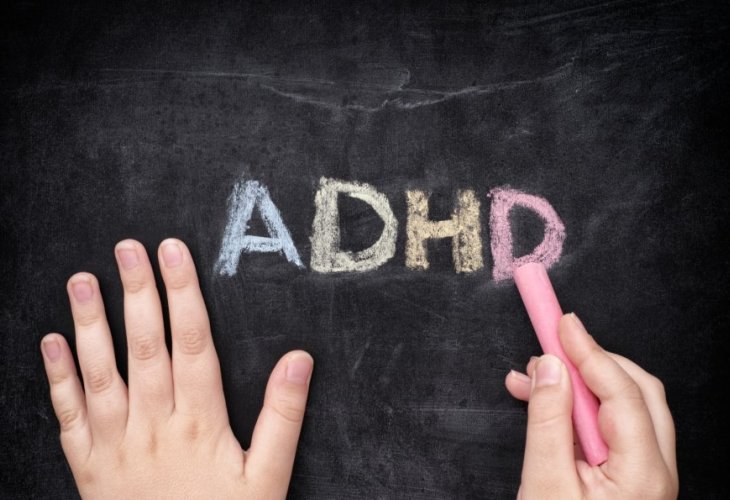Health and Mind
Motivation, Fun, and Faith: A Path for ADHD Children
Learn how enjoyment and small wins help ADHD children focus, grow, and build confidence with loving support from parents, mentors, and teachers
 (Photo: Shutterstock)
(Photo: Shutterstock)Motivation is one of the most important drivers in life especially for children with ADHD.
One of the best ways to help them is by creating challenges that are broken down into small, manageable parts. Because their attention span is limited, starting with something short and simple gives them a chance to focus and succeed. This experience of success, sometimes called a “success experience” strengthens their confidence and encourages them to keep going.
These first steps must be small, but as they gain confidence and grow, the challenges can gently increase.
Here are a few examples of small challenges: During a test, a child might be asked to answer just the first question, or a different question the teacher knows they can handle well. When they succeed, we highlight it: “You were given a task, and you completed it beautifully.”
Parents studying with their children can do the same, ask questions they know the child can answer correctly. This helps the child feel smart, capable, and motivated to keep learning.
How Does Motivation Help Them?
Motivation activates the brain’s limited attention system. It wakes up the child’s focus and helps them function. In a sense, it gives them fuel.
Where Does Motivation Come From?
Motivation comes from enjoyment. When a child enjoys something, their will to engage with it increases. That’s why it’s so important to build enjoyment into learning.
For children with ADHD, this means finding creative, playful ways to engage them. It’s up to us, parents, teachers, and mentors to find and try different ways to make the material exciting and enjoyable.
For example, Talmud learning, line by line, might feel dry and tiring to a child with ADHD. But telling a story, using memory games, asking questions that lead to discovery, these methods make it come alive. Later, once the child is engaged, we can gently connect it to the deeper structure of the Talmud.
Why Is This Helpful?
When the child feels that the learning is interesting and exciting, it becomes a challenge they want to tackle. That’s when their motivation and focus really grow.
Can Competition Help?
Enjoyment often comes from a healthy sense of competition. But it’s very important to make sure the competition is inclusive. Every child should have a chance to succeed, even if they’re still struggling. The challenges should be tailored to each child’s abilities, so that no one feels left out or defeated.
Mentors Matter
Mentors who work with children with ADHD should also bring this spirit of joy and success into their work. Helping the child feel accomplished and happy, even during small tasks makes a lasting impact.

